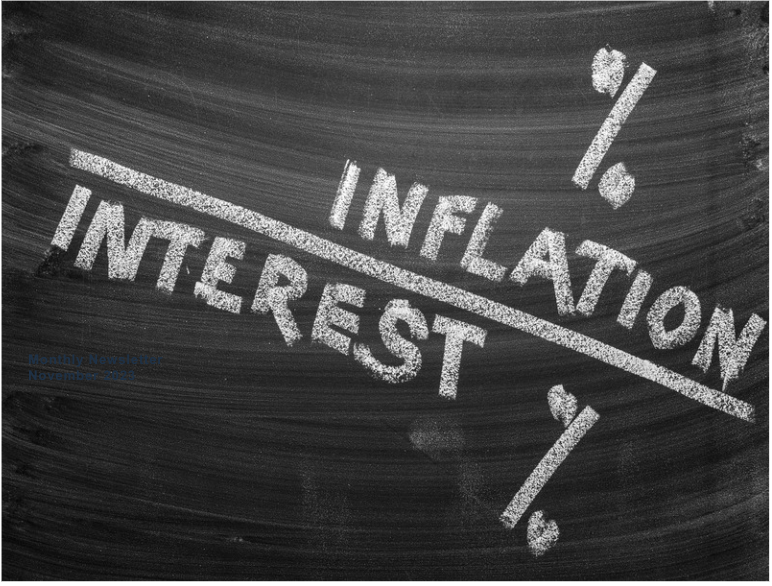MONTHLY NEWSLETTER – NOVEMBER 2023

1 November 2023
We take a look at cash versus investing. It may seem that cash is offering good value but it is guaranteed not to beat inflation! We also take a look at the 2024 US election and how much it matters to investments…
|














